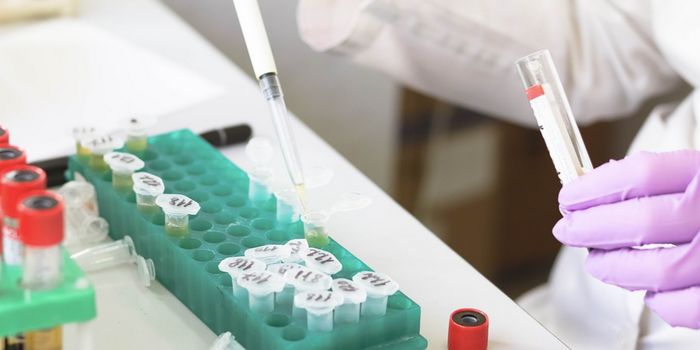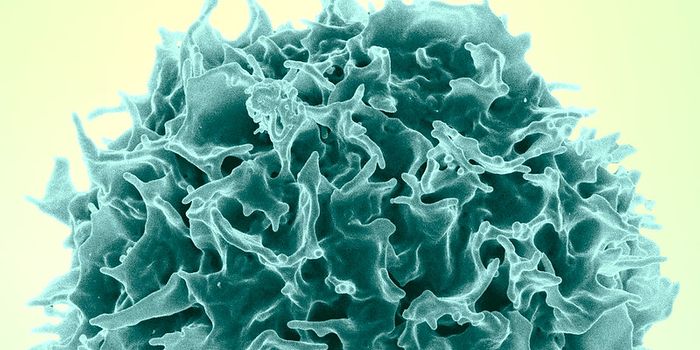Tracking a Rapidly Emerging, Drug-Resistant Pathogen
Shigella sonnei is a leading cause of a diarrheal disease called shigellosis in high-income countries, and this bacterial pathogen has become increasingly resistant to antibiotics. The bacterium spreads primarily through the fecal-oral route and can cause infections that cause diarrhea for three or four days, and typically resolves on its own. But more severe cases can cause dysentery, or bloody diarrhea with complications, and antibiotics are needed to eliminate these infections and stop the spread of disease. Resistant strains of Shigella bacteria are concerning, especially because they are becoming more common.
Scientists in France have been tracking the emergence of strains of Shigella sonnei that are extensively drug-resistant (XDR). Researchers have sequenced the genomes of pathogenic Shigella that are now spreading mainly among men who have sex with men. The study authors noted that when MSM are being tested for sexually transmitted diseases, it's also advisable to check for Shigella, and if it is detected, to determine whether it is an XDR strain. The findings have been reported in Nature Communications.
In this study, the researchers showed that for there past 17 years, antibiotic resistance has been increasing in isolates of S. sonnei from patient infections. Over 7,000 samples were analyzed over that time, along with surveillance data on shigellosis collected by the National Reference Center for Escherichia coli, Shigella and Salmonella (CNR-ESS) at the Institut Pasteur between 2005 and 2021.
Samples that were characterized as "extensively drug resistant" (XDR) were first identified in 2015. The proportion of isolates that were resistant to nearly all antibiotics that are used to treat shigellosis increased dramatically and by 2021, 22.3 percent of S. sonnei isolates in France, representing 99 cases of infection, were XDR.
The XDR strains evolved from the same germ, which gained resistance to a crucial antibiotic called ciproflaxin in 2007, probably in Southeast Asia. Later on, other strains found in countries around the world, including France, began to gain resistance to other antibiotics, including cephalosporins and azithromycin. Resistance is encoded by genes that are found on plasmids, which can easily be shared by bacteria. As a pathogen gains more and more plasmids encoding for resistance to different drugs, treatment options become more and more limited.
In the worst cases, carbapenems or colistin antibiotics have to be used, and administered through an IV in a hospital; patients have to be carefully monitored.
Additional work will be needed to understand the forms that shigella can take, and whether there are asymptomatic forms of the disease that could be causing the disease to spread surreptitiously. As always, researchers will also be continuing to hunt for new antibiotics or other ways to fight infections.
Sources: Pasteur Institute, Nature Communications









